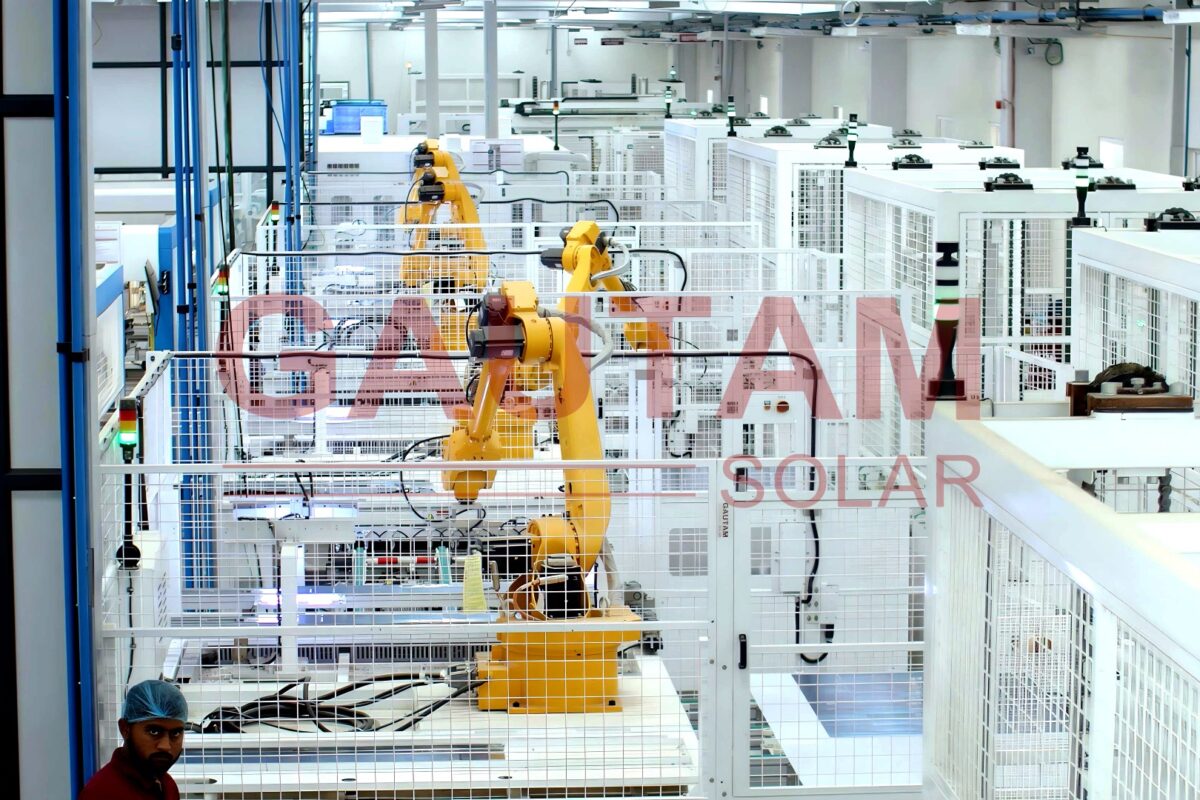Despite China and India taking major steps forward, financing is still a significant obstacle to the development of the renewable energy sector in Asia, according to an Asian Development Bank (ADB) report.
Renewable energy projects are, by and large, capital intensive and require big loans. Given the capital market – including venture capital – is not well developed in many Asian countries, and that the Asian financial system is dominated by banks, such lenders are the main source of funding for projects. The ADB report finds many Asian banks are reluctant to finance renewable project development for two interrelated reasons: perceived high risk and a low rate of return, compared to fossil fuel projects.
Startup companies in particular, are finding it increasingly difficult to borrow because of strict Basel capital requirements – brought in to strengthen bank balance sheets in the wake of the global financial crash ten years ago. Riskier small and medium-scale enterprises also face difficulty in borrowing, and that category is held by banks to include renewable energy projects.
Lenders are concerned at the risk posed by renewable energy technologies which are still new in many cases, at least as far as banks are concerned.
The intermittent nature of most renewable energy generation further increases risk, potentially rendering clean energy schemes unsuitable for baseload generation. The perceived need to provide fossil fuel powered back-up generators to grid-connected PV and wind projects adds significant costs.
Vicious cycle
In a vicious cycle, renewable energy projects offer a lower rate of return than their fossil fuel rivals owing to the additional cost of realizing clean energy projects, resulting in higher prices for their electricity. There are also fewer government subsidies made available to renewable energy projects in most Asian nations.
The ADB report suggests financial barriers could be overcome using various measures. Examples include a host of new ways of non-bank financial solutions and tools, such as green bonds, green credit rating and community-based financing, as well as affordable green energy technologies.
Given the majority of Asian countries are developing nations, it makes sense to integrate green energy into their development plans. Such projects could therefore be categorized not just as energy infrastructure, but part of these countries’ sustainable development plans to address energy needs while expanding technological and industrial sectors and generating employment and income.
Within such a framework, it should be governments rather than the banking system, that are the source of funding, drawing on funds for economic development rather than for green energy projects per se, add the report’s authors.
China is a good example of an Asian country with a growing use of renewables, particularly solar and wind, says the ADB. In its efforts to curb greenhouse gas emissions, China has become the world’s largest producer of wind turbines and solar panels. With large-scale production working toward meeting rising domestic demand – and with an eye to becoming the world’s major technology provider and exporter – China has significantly decreased the cost of the production of green energy technologies, making them affordable at home and competitive abroad.
This content is protected by copyright and may not be reused. If you want to cooperate with us and would like to reuse some of our content, please contact: editors@pv-magazine.com.









By submitting this form you agree to pv magazine using your data for the purposes of publishing your comment.
Your personal data will only be disclosed or otherwise transmitted to third parties for the purposes of spam filtering or if this is necessary for technical maintenance of the website. Any other transfer to third parties will not take place unless this is justified on the basis of applicable data protection regulations or if pv magazine is legally obliged to do so.
You may revoke this consent at any time with effect for the future, in which case your personal data will be deleted immediately. Otherwise, your data will be deleted if pv magazine has processed your request or the purpose of data storage is fulfilled.
Further information on data privacy can be found in our Data Protection Policy.